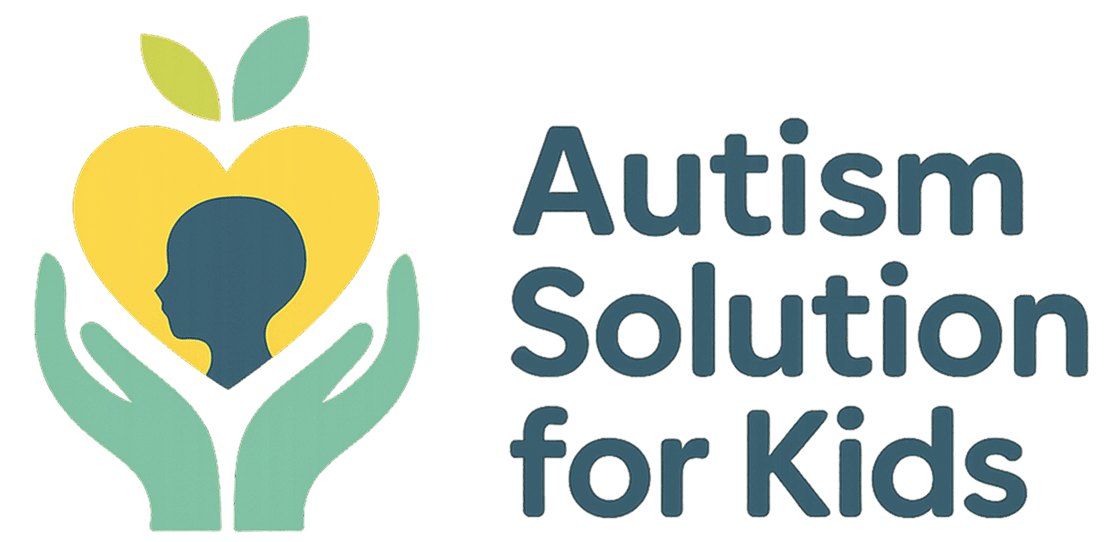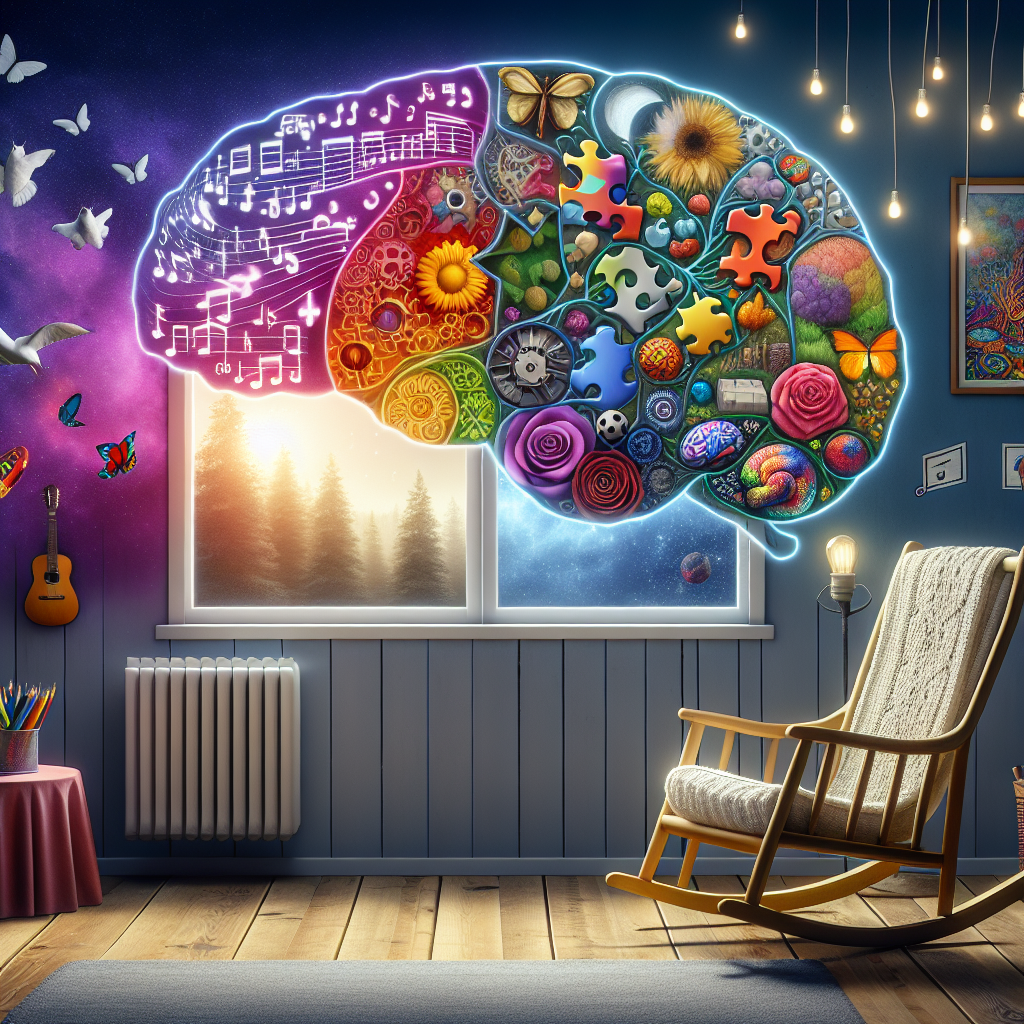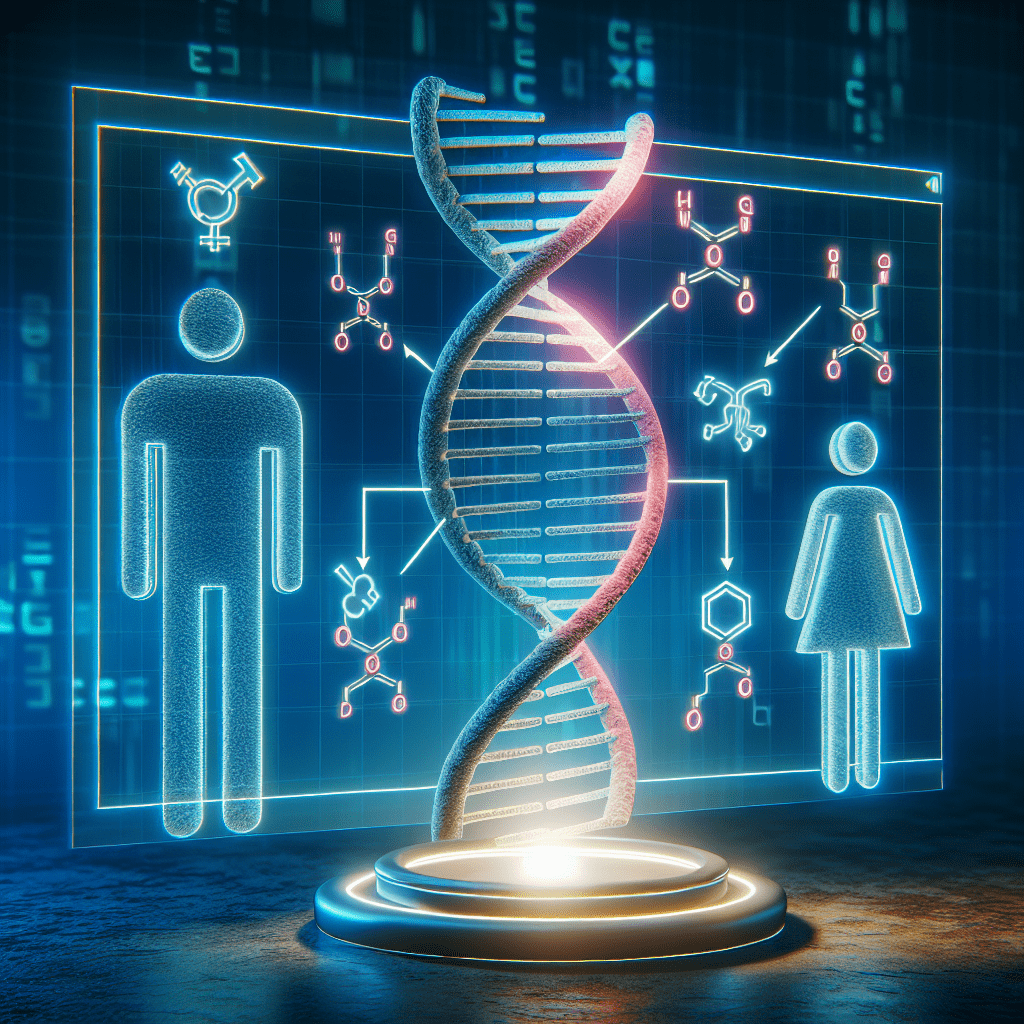Can I Be Slightly Autistic? Understanding the Spectrum
Curious about autism? Discover if you can be slightly autistic and explore the nuances of the autism spectrum. Read more for insights!
When individuals contemplate the question, Can I be slightly autistic?, they often find themselves grappling with a blend of curiosity and confusion. Autism Spectrum Disorder (ASD) isn’t a one-size-fits-all diagnosis; it’s more akin to a colorful tapestry woven from various traits, behaviors, and cognitive styles. This article aims to delve into the concept of being ‘slightly autistic,’ unpacking what that means, how the spectrum operates, and how one can recognize signs that may lead to such a self-reflection.
The Autism Spectrum Explained
Before we dive into whether you can indeed be slightly autistic, it’s essential to first understand the autism spectrum itself. The term ‘spectrum’ signifies that autism encompasses a wide range of conditions, behaviors, and challenges associated with social communication, sensory processing, and repetitive behaviors. Each person’s experience with autism can differ dramatically based on factors like environmental influences, personal history, and individual strengths.
Many people think about autism in terms of severe cases that affect communication and function dramatically. However, a significant portion of those on the spectrum experience milder symptoms. This raises the question, Can I be slightly autistic? Yes, it’s entirely conceivable to embody traits of autism without holding a formal diagnosis. This is often referred to as ‘high-functioning autism’ or ‘autistic traits.’
High-functioning autism describes individuals who can live independently and maintain social relationships but still struggle with certain aspects of the condition. It’s crucial to recognize that the classification doesn’t mean lesser difficulty or challenges—it simply reflects the degree of impact on daily life.
Sociologists and psychologists have made significant strides in how they categorize autism, emphasizing the importance of recognizing the individuality of each person on the spectrum. This understanding fosters a compassionate viewpoint that allows for a broader view of what autism really is.
Signs You Might Be Slightly Autistic
While asking, Can I be slightly autistic?, you might be seeking clarity on the signs or characteristics that can suggest the presence of mild autism traits. Let’s explore several potential indicators:
1. Social Interaction Challenges
If you find social situations particularly taxing, you’re not alone. Many individuals who may be slightly autistic experience discomfort in social interactions. This could manifest as:
- Difficulty maintaining eye contact
- Challenges interpreting social cues
- Struggling to engage in small talk
- Preferring solitude over group activities
Many high-functioning autistic individuals can converse and respond appropriately but may often feel out of sync with the social world around them. If you identify as someone who enjoys solitary activities or finds large gatherings particularly draining, consider this an indicator.
2. Intense Focus on Specific Interests
Another common trait among those who might ask, Can I be slightly autistic?, is having deep, often obsessive interests in specific subjects. Do you find yourself immersing in topics and exploring them in depth? This intense focus can lead to extensive knowledge and expertise. Recognizing this trait can be enlightening—it highlights a manner of thinking that is both unique and driven.
3. Sensory Sensitivities
Many individuals on the autism spectrum experience heightened sensitivities to sensory input. This might include:
- Overwhelming reactions to certain sounds or lights
- Discomfort with specific textures or tastes
- Heightened awareness of sensory details that others might miss
If you often feel overwhelmed in busy or bright environments, or if you have certain textures that you cannot tolerate, this could serve as another sign pointing towards being slightly autistic.
The Diagnostic Process: Am I Autistic?
Coming to terms with the question, Can I be slightly autistic?, often leads to considering the formal diagnostic process. You might find yourself wondering whether a professional evaluation could be beneficial for better understanding your experiences. Here’s an overview of what that involves:
1. Understanding Diagnostic Criteria
The Diagnostic and Statistical Manual of Mental Disorders (DSM-5) outlines the criteria for diagnosing autism spectrum disorder. Mental health professionals look for specific symptoms regarding:
- Persistent deficits in social communication and interaction across multiple contexts
- Restricted, repetitive patterns of behavior, interests, or activities
It’s important to note that a formal diagnosis isn’t necessary for self-awareness or validation of difference—it’s merely a tool for understanding oneself better.
2. Seeking a Professional Evaluation
If you suspect you may be slightly autistic, consider seeking a comprehensive evaluation from a psychologist, psychiatrist, or neurologist experienced in working with autism. The process typically involves:
- Conversations about your developmental history
- Behavioral assessments
- Standardized questionnaires
- Input from family members or teachers, if applicable
Receiving a diagnosis—or ruling it out—can lead to increased self-understanding, coping strategies, and connections with others who share similar experiences.
Living as a Slightly Autistic Individual
If you discover that you possess traits associated with being slightly autistic, embracing these characteristics can pave the way to a richer, more fulfilling life. Here are a few important strategies:
1. Connecting with Community
One of the most powerful steps an individual can take is to connect with communities—both online and in-person—that celebrate neurodiversity. Engaging with like-minded individuals allows for shared experiences, feelings of belonging, and the opportunity to learn. Online forums, local meetups, and autism advocacy organizations often provide welcoming spaces to explore topics of interest and share experiences.
2. Embracing Strengths
Recognizing and celebrating your strengths is crucial. Maybe you excel in pattern recognition, have an exceptional memory for details, or create compelling art. Focusing on your strengths not only boosts confidence but also enhances your ability to thrive in any environment.
3. Seeking Support and Resources
Exploring therapeutic strategies can also be beneficial. Many individuals find comfort and help through occupational therapy, social skills training, or cognitive-behavioral therapy. These avenues provide valuable resources for navigating challenges while building skills for effective communication and self-advocacy.
Engaging with the Wider Community
Raising awareness about autism is essential for fostering a more inclusive society. Engaging with the wider community can take the shape of:
- Participating in local or national awareness campaigns
- Educating friends, family, and colleagues about autism
- Volunteering with organizations that support autistic individuals
By educating others and advocating for acceptance, you contribute to breaking down stigma and misconceptions surrounding autism, promoting understanding and compassion.
Conclusion
As we explore the question, Can I be slightly autistic?, it becomes evident that understanding oneself through the lens of autism can be enlightening. The spectrum’s vast nature allows a range of experiences, from those clearly diagnosed with ASD to individuals who may embody traits without a formal label. Recognizing and appreciating these qualities opens the door to not only self-acceptance but also the potential for growth and connection with others who share similar experiences.
Reflecting on your traits and considering the possibility of being slightly autistic may lead to newfound insights about yourself and how you interact with the world around you. Whether you seek diagnosis or simply want to embrace your unique qualities, self-awareness is a powerful tool that can enhance your journey. Remember, we are all navigating our own paths, and embracing our differences adds richness to the human experience.
FAQs
1. Can I be slightly autistic without a formal diagnosis?
Yes, many people exhibit autistic traits without receiving a formal diagnosis. Understanding and recognizing these traits can lead to better self-awareness and acceptance.
2. What are the signs of high-functioning autism?
Signs of high-functioning autism may include challenges in social interactions, intense focus on specific interests, and sensory sensitivities.
3. Can adults be diagnosed with autism later in life?
Absolutely! Many adults are diagnosed with autism later in life, often after recognizing traits or challenges they experience.
4. How can I find support as someone who may be slightly autistic?
Connecting with online communities, local groups, or professionals specializing in autism can provide valuable support and resources.
5. Is the autism spectrum only about challenges?
No, the autism spectrum also encompasses unique strengths and capabilities. Many individuals on the spectrum excel in various areas and have valuable perspectives to offer.





